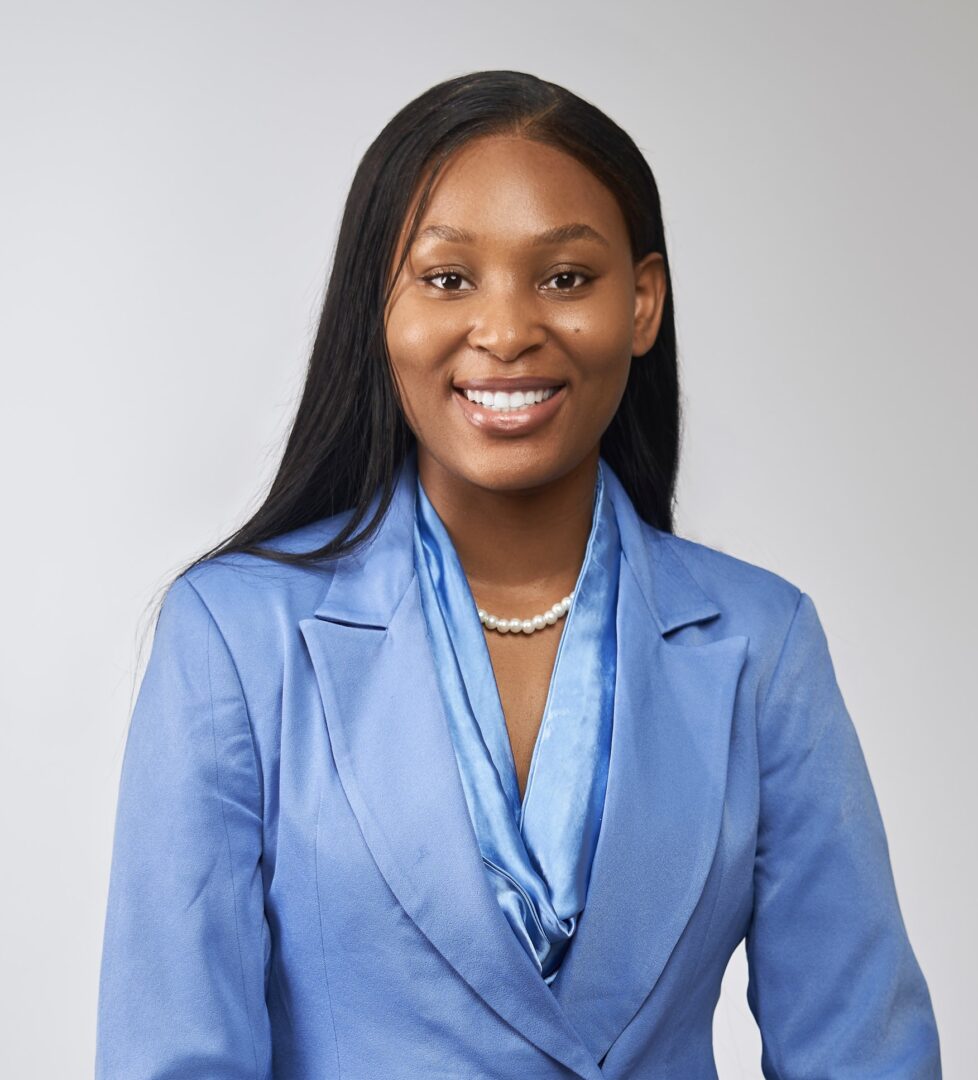We’re excited to introduce you to the always interesting and insightful Esther Airemionkhale. We hope you’ll enjoy our conversation with Esther below.
Esther, so good to have you with us today. We’ve got so much planned, so let’s jump right into it. We live in such a diverse world, and in many ways the world is getting better and more understanding but it’s far from perfect. There are so many times where folks find themselves in rooms or situations where they are the only ones that look like them – that might mean being the only woman of color in the room or the only person who grew up in a certain environment etc. Can you talk to us about how you’ve managed to thrive even in situations where you were the only one in the room?
You know what we say, that not even you can stop you from shining? That has always been me. From being the youngest in the room to being the only woman and the only black person, the oddity would almost convince you that you do not belong in the room. However, what I came to understand is that the moments in which I feel like perhaps I do not belong are the most significant opportunities to lead, I believe I have been presented with. I have learned to triumph even as a minority by one core belief:
Oddity is an opportunity to be leveraged: When you are the only one that looks like you in a room, you are probably the only one with your kind of experiences and body of knowledge, and that means you have unique insights that no one else in the room can match. Take my MA programme, for example, I was the only African and Nigerian in the Language and Education pathway. What that meant was that no one in that room could comprehend the multiculturalism of my country like I do, and no one could produce knowledge about it in the way I could. I was the different one, so I brought an unmatched idea to the programme. The work I produced for my dissertation won me the School of Education’s Postgraduate Prize. From being the only one in the room to being the one celebrated.
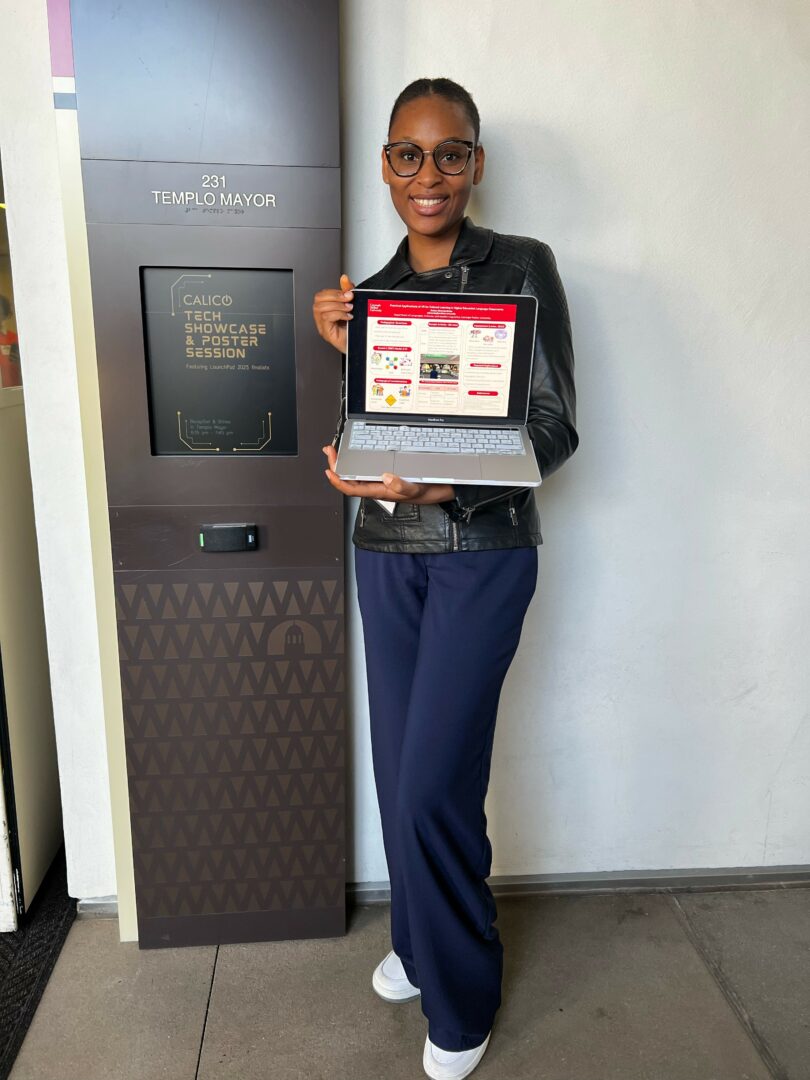
Let’s take a small detour – maybe you can share a bit about yourself before we dive back into some of the other questions we had for you?
I am a critical applied linguist and researcher. Maybe immediately you saw the word “linguist,” you became curious about how many languages I speak. I will satisfy your curiosity. I speak half a dozen languages: English, Yoruba, Nigerian Pidgin, French, Portuguese, and a sprinkle of Spanish. I understand, reasonably, a dozen languages, even though I do not speak them.
You know that everything we do, we do with language, right? From business, education, entertainment, science, and many more, we cannot do any of these things without language. But is it not shocking that we pay meagre attention to what language does to us? Languages have been a tool for different forms of oppression and injustices. Some evidence of the “critical” roles languages play can be found in the biblical accounts, where some soldiers would stop fugitives and ask them to say the word “shibboleth”. If the word was not pronounced as expected, the fugitives were put to death. Similarly, language was used as a trump card during the colonial era to truly take over the people and their lands.
So why “critical” applied linguistics? Because now more than ever, the media, institutions, and our systems have co-opted the languages we speak to serve as languages of oppression through hegemonic means and institutionalized linguistic biases.
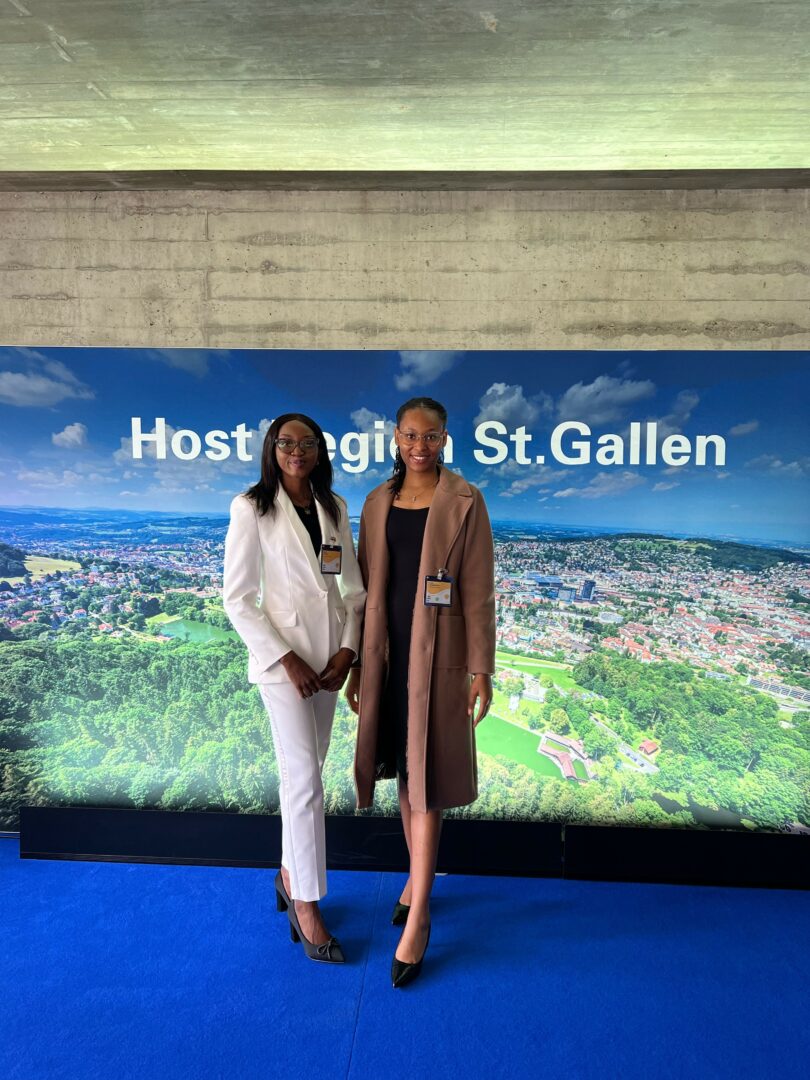
If you had to pick three qualities that are most important to develop, which three would you say matter most?
I would not have made headway without these three skills: adaptability, communication, and leadership skills
Do not be too young or too old to reinvent yourself. Life is evolving, and so must you. Prioritize seeking new forms of knowledge and new ways to apply what you already know. I started out as a Foreign Language major, and today, that has morphed into a unique path where I get to combine knowledge from all spheres of life to create impact. This was possible because I could communicate my value to the people who needed it the most. You must learn to effectively communicate your ideas to those around you. It is through such effortless communication that you will attract and access people willing to invest their credibility in you to the point where you are perceived as valuable as you genuinely are. Your value is best seen in the initiative you take, which is why leadership skills are non-negotiable for individuals who desire and seek excellence. A true leader is informed, has insight, foresight, and hindsight. You must take ownership of all you have been privileged to do. When you take ownership, you assume responsibility. That way, you can be trusted by the people around you.
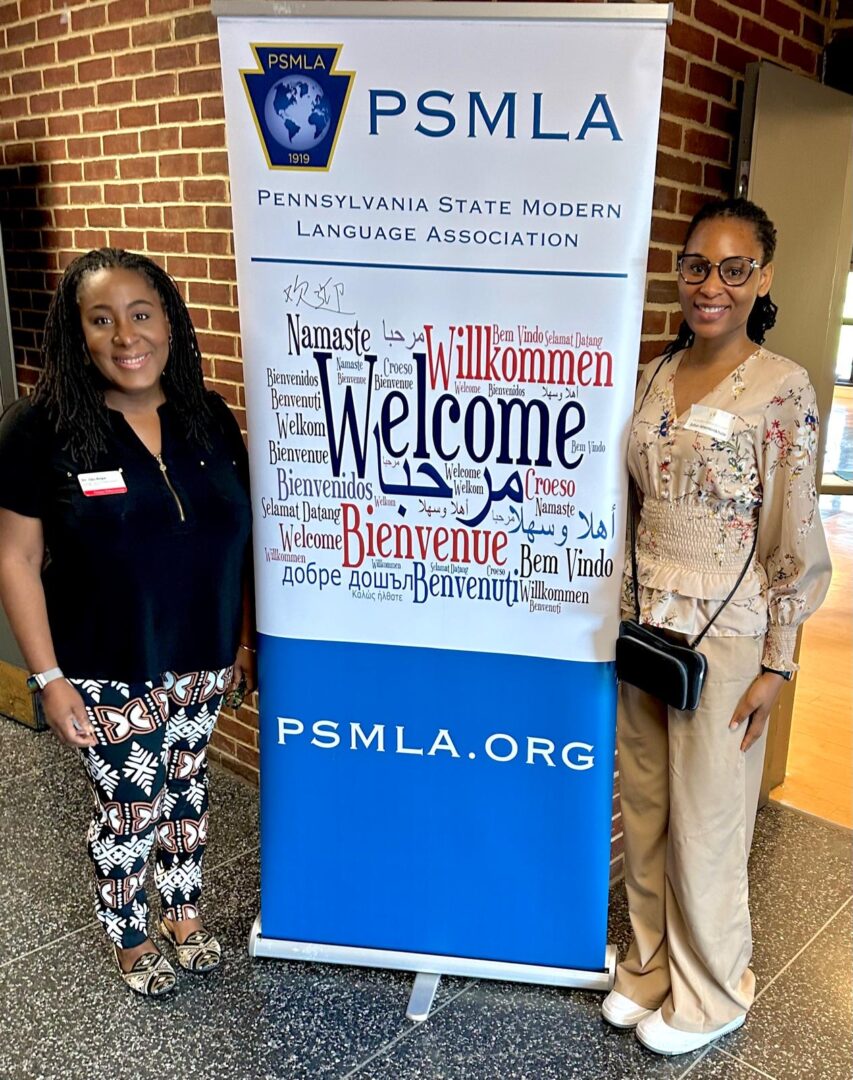
What’s been one of your main areas of growth this year?
Relationships are a catalyst! In this age, we are often tricked by the hustle and bustle of building that we forget to nurture our relationships with family, friends, and those around us. Nations thrive through the strength of those standing with them, and nature still stands by the unity of its many forces. It was not until about a year ago that I realized that success is not complete without the people in our lives. The people we know, as individuals, entrepreneurs, or students, have a huge impact on the extent to which our successes are sustainable. This realization is why I have invested time, effort, and even money into nurturing personal, professional, and social relationships. Relationships are more valuable when they are not starved of presence.
Contact Info:
- Instagram: https://www.instagram.com/estheromonigho_/
- Facebook: https://www.facebook.com/airemionkhale.esther
- Linkedin: https://www.linkedin.com/in/estheromonighoairemionkhale/
- Youtube: https://www.youtube.com/@EdTechSimplified
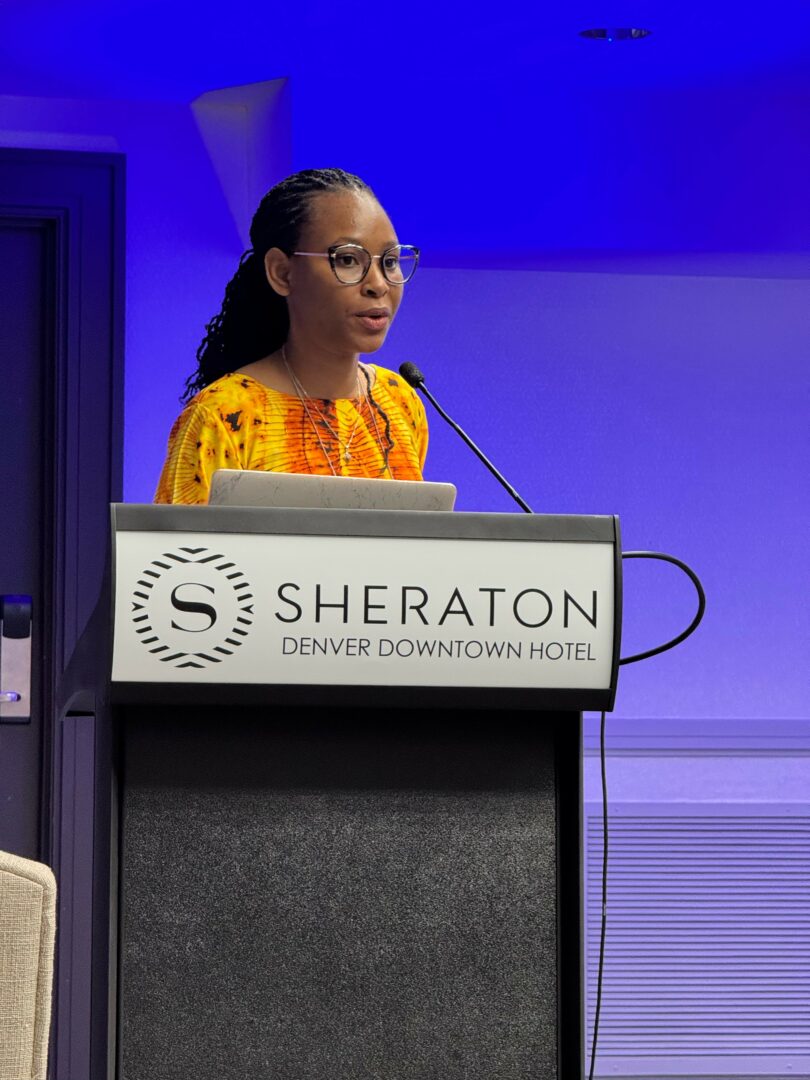
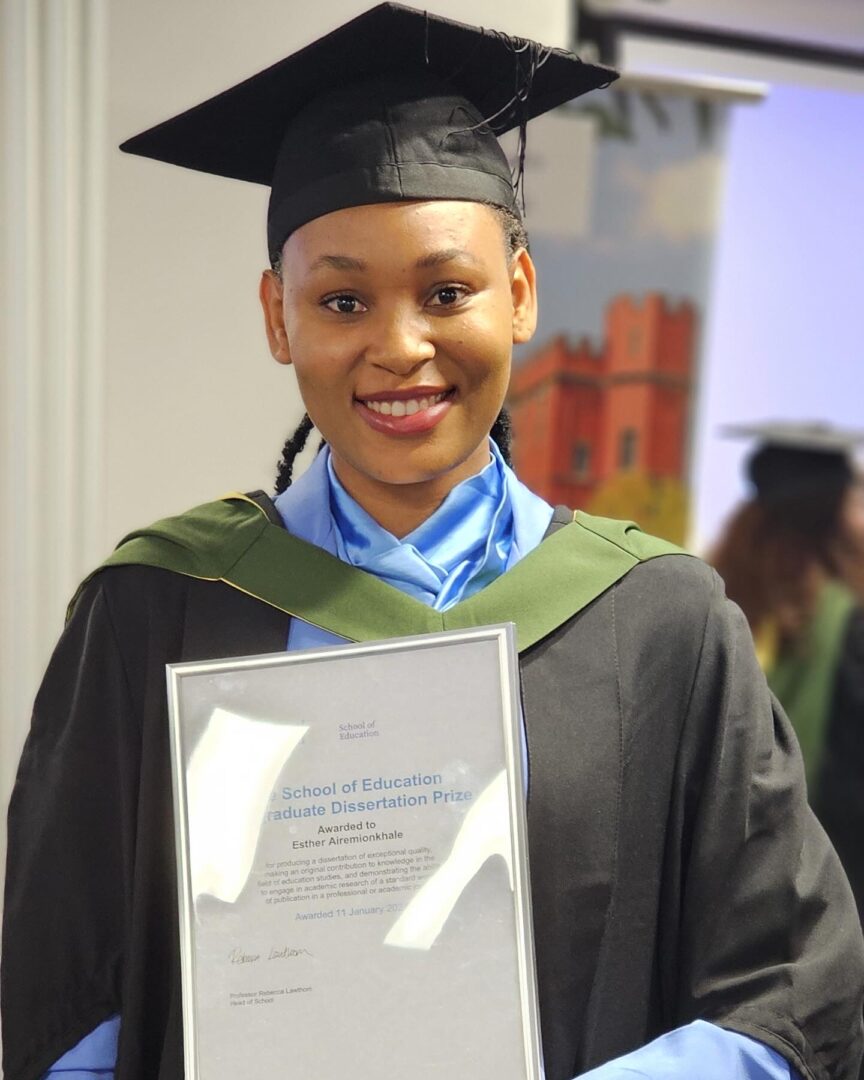
so if you or someone you know deserves recognition please let us know here.

